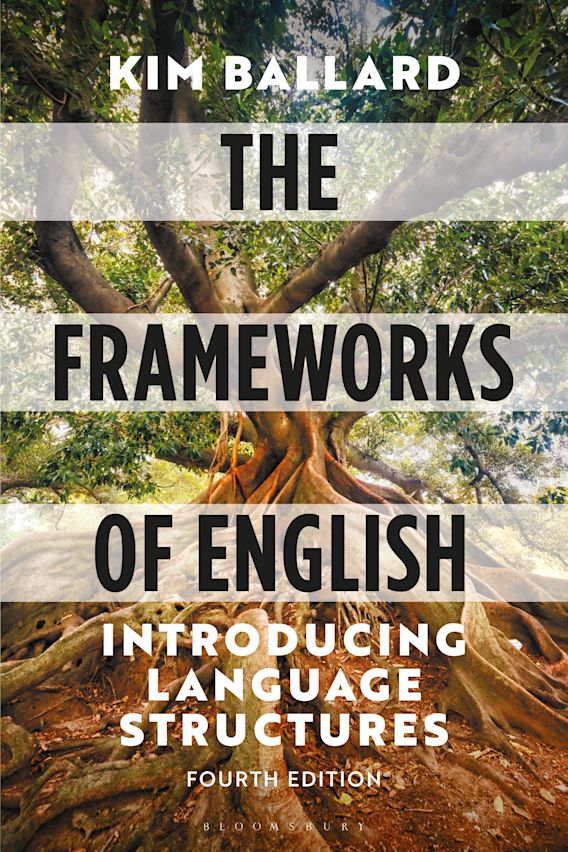


Are you sure you want to reset the form?
Your mail has been sent successfully
Are you sure you want to remove the alert?
Your session is about to expire! You will be signed out in
Do you wish to stay signed in?
All the questions in this exercise are based on the spoken extract below, taken from a conversation between two teenagers (A and B) who are discussing the television series Lost:
Key
(.) micropause
| 1 | A | when’s that coming back on |
| 2 | B | that should be back on soon |
| 3 | A | yeah I think (.) |
| 4 | B | it’s great but it pisses you off |
| 5 | A | it’s after… |
| 6 | B | I mean you sort of get into the story |
| 7 | A | yeah |
| 8 | B | for it to be continued next week |
| 9 | A | right (.) but then you can watch it on E4 |
| 10 | B | I mean it was good (.) very cleverly written again but (.) |
| 11 | A | yeah I agree nothing has really developed since the first series |
| 12 | B | nothing really and to be honest when it comes on I don’t think I even want to watch it |
| 13 | A | I enjoyed the last episode when they were on the raft and they came and they took the boy |
| 14 | B | yeah (.) right (.) and there’s like four episodes of them trying to get into that hatch thing |
Question 1 (Consolidate)
Arrange the underlined noun phrases in turns 1-12 into groups according to their type and structure, and describe what the group members have in common.
Answer
All the noun phrases in turns 1–12 are simple ones. The majority contain a pronoun as the head word. These can be subdivided into personal pronouns (I x 6, you x 3, it x 8), demonstrative pronouns (that x 2) and indefinite pronouns (nothing x 2). The other two examples (the story and next week) consist of a determiner and the head noun.
Question 2 (Consolidate)
Identify the prepositional phrases that occur in turns 1-12 and analyse them using either square brackets or tree diagrams.
Answer
| on E4 | [on [E4 NP] PP] |
| since the first series | [since [the first series NP] PP] |
Question 3 (Consolidate)
Turns 13 and 14 each contain a complex noun phrase. Identify these, indicate the head word in each one, and try to determine what kind of modification is involved.
Answer
| Turn 13: |
| [the last episode [when they were on the raft and they came and they took the boy rel cl] NP] |
| Turn 14: |
| [four episodes [of them trying to get into that hatch thing PP] NP] |
| The example from turn 13 has the head noun episode postmodified by a relative clause (which consists of three coordinated clauses). In turn 14, the head noun episodes is postmodified by a prepositional phrase in which the prepositional complement is a non-finite clause. (You may wish to return to these examples after reading Chapters 6 and 7, where there’s more detailed coverage of these postmodifying elements.) |
Question 4 (Explore)
Comment on the structure and use of all the noun phrases in this spoken extract.
Answer/discussion
To some extent, the simple noun phrases reflect the informality of this conversation, for instance in the use of you to mean ‘someone’ and the frequent use of it to refer to the programme rather than needlessly repeat its name. In general, the noun phrases are simple. However, when the discussion becomes more detailed in the last two turns, complex noun phrases enable the speakers to specify which episodes they’re talking about.

.